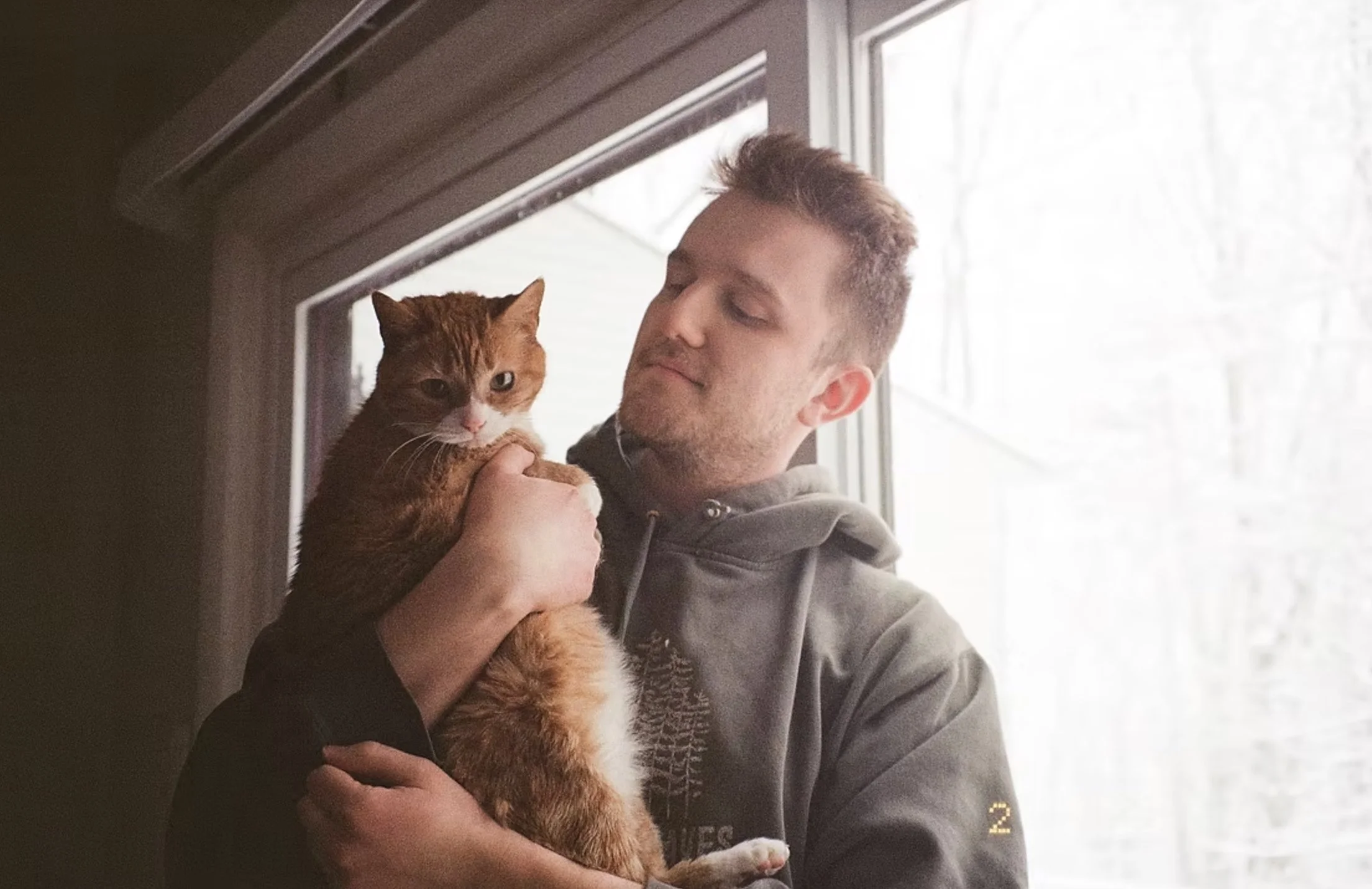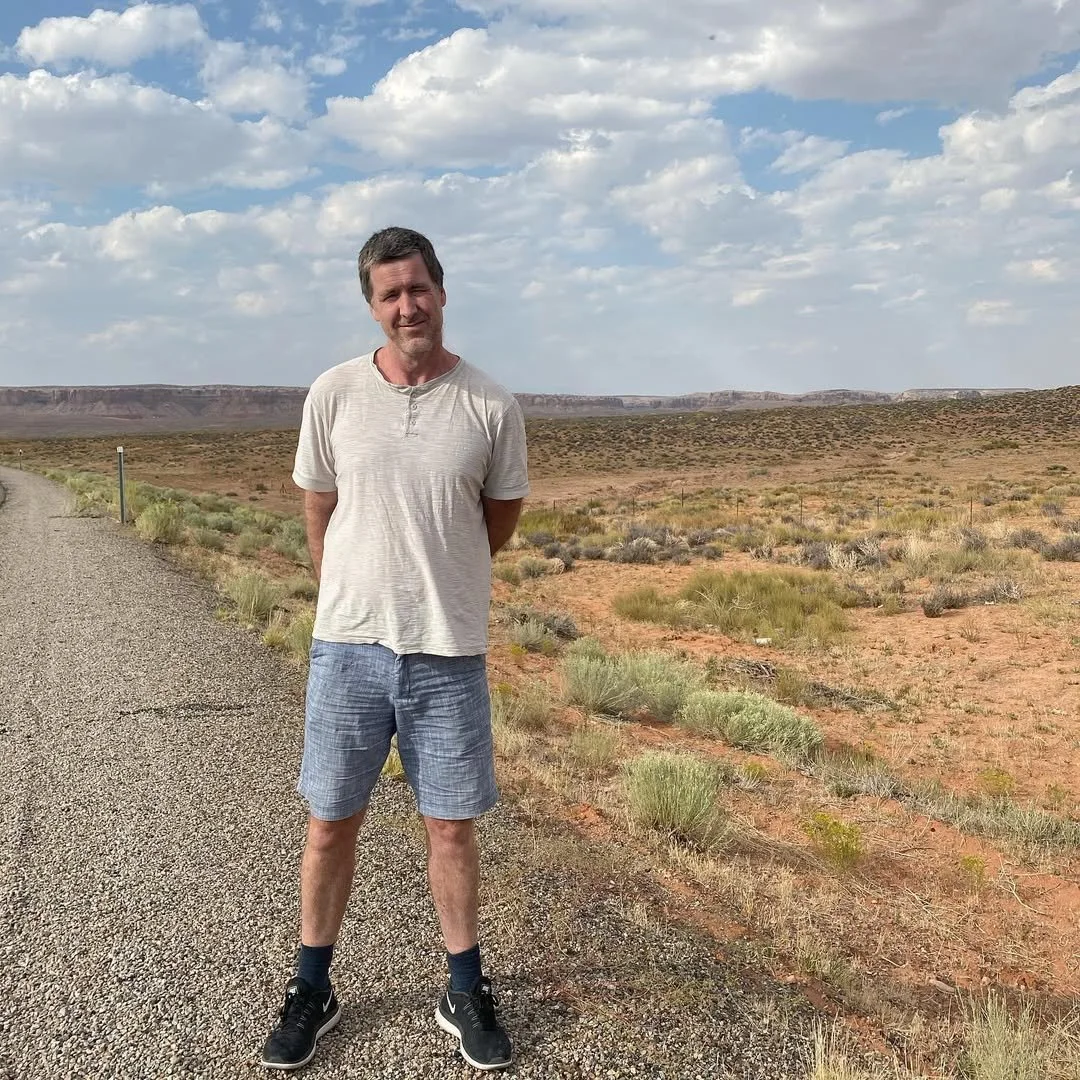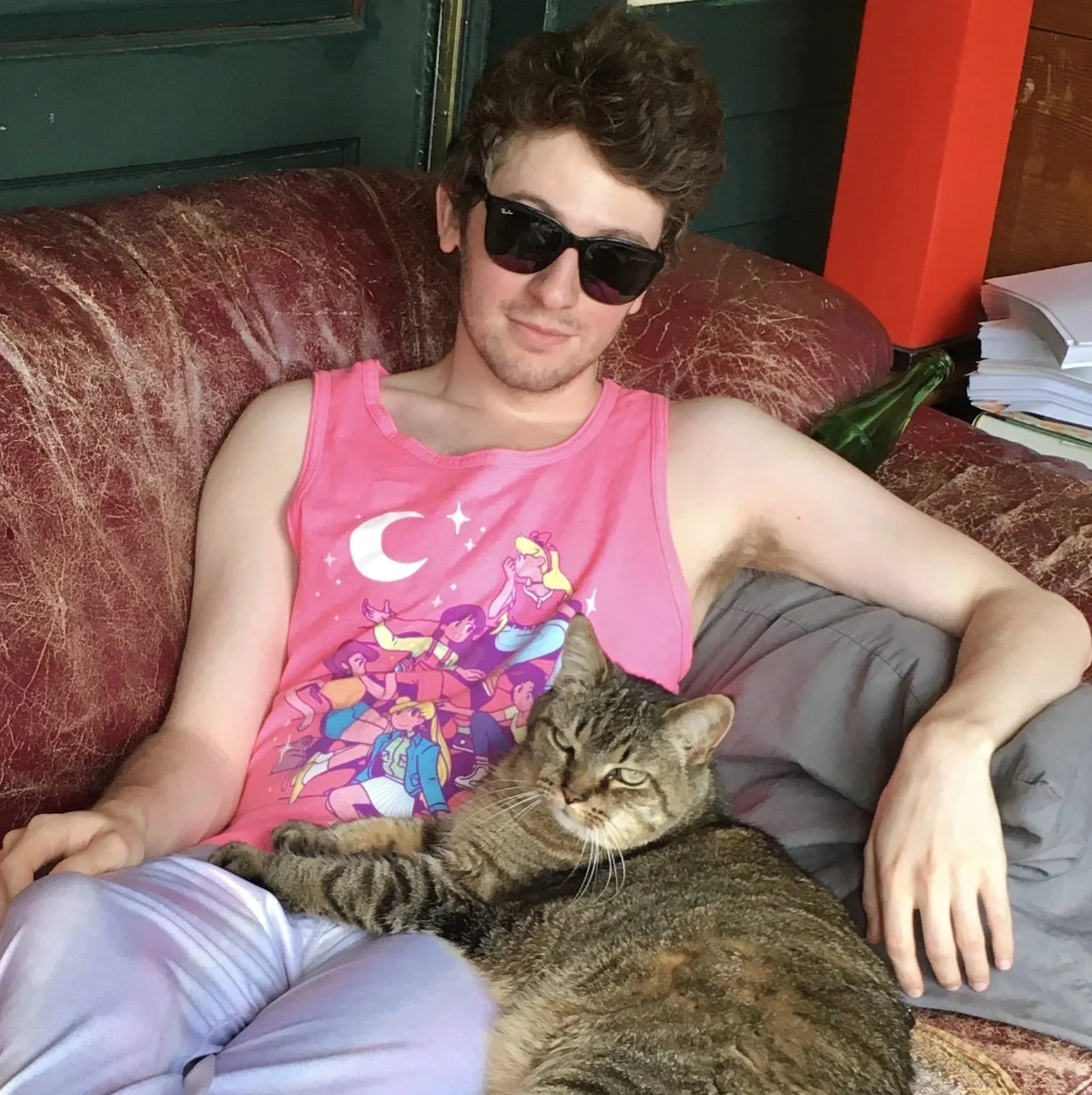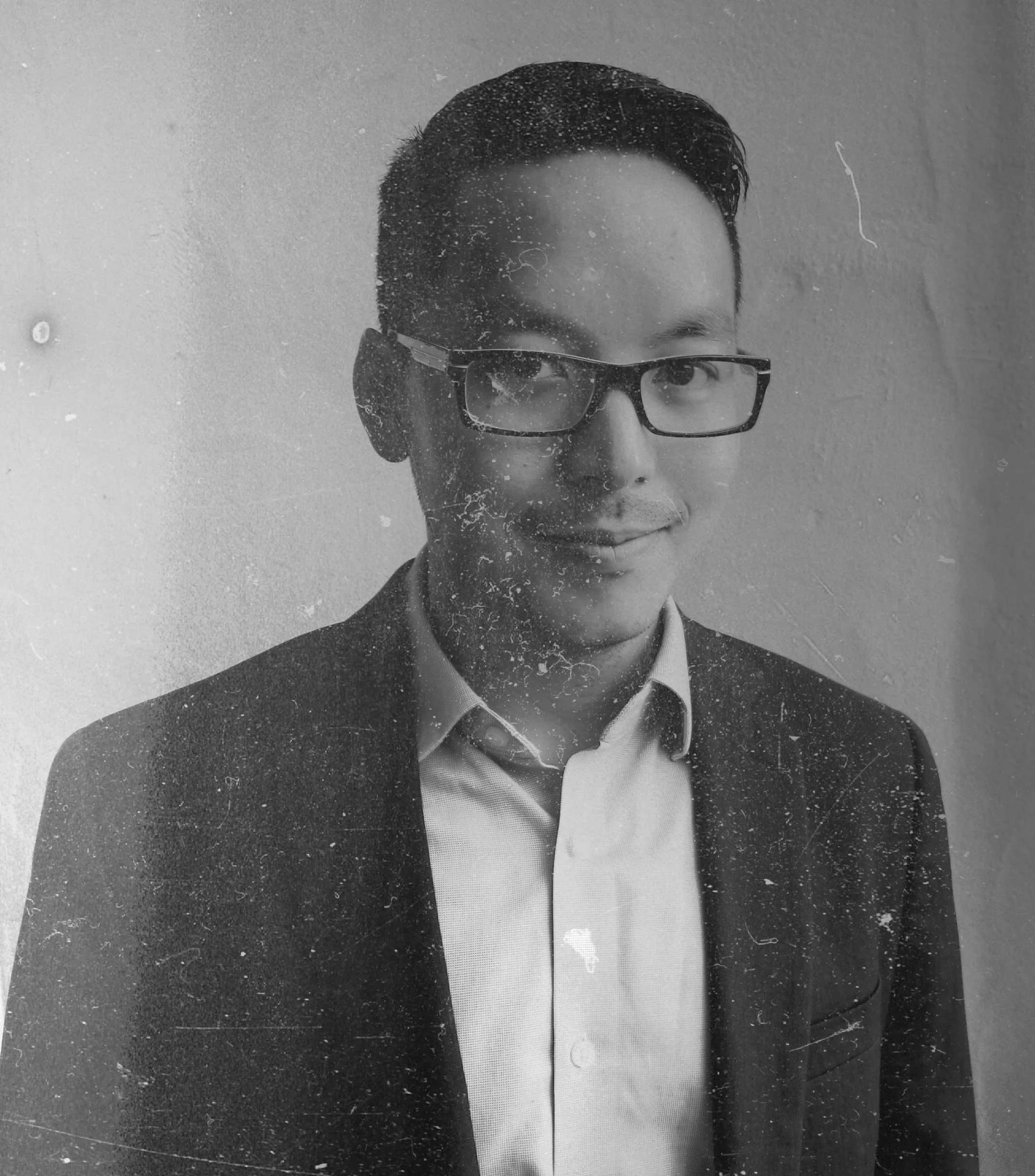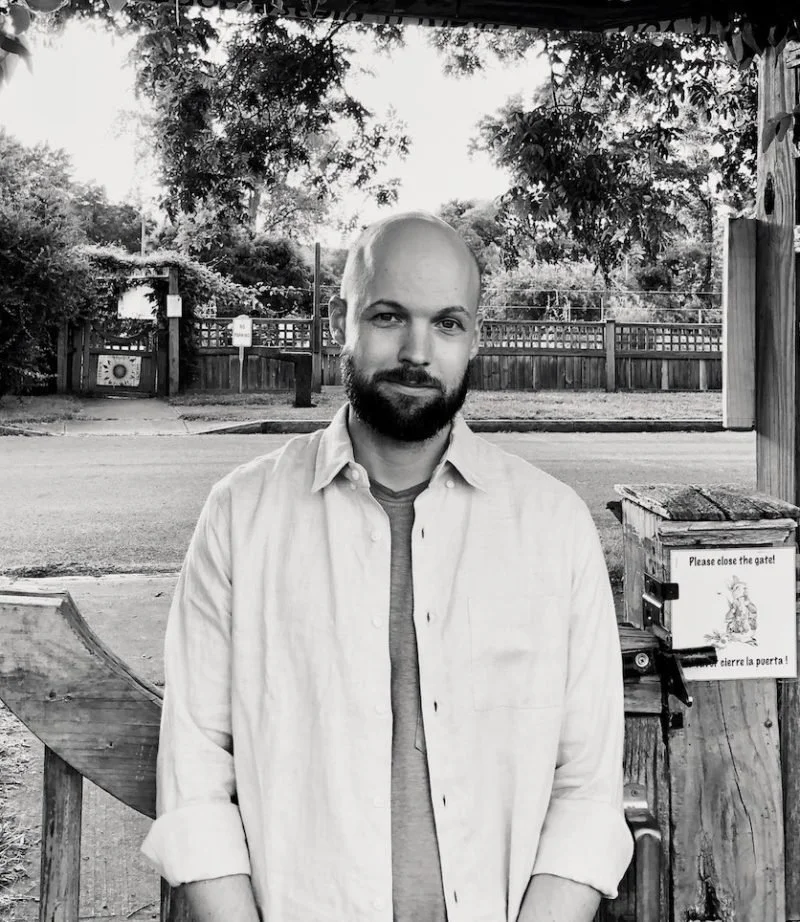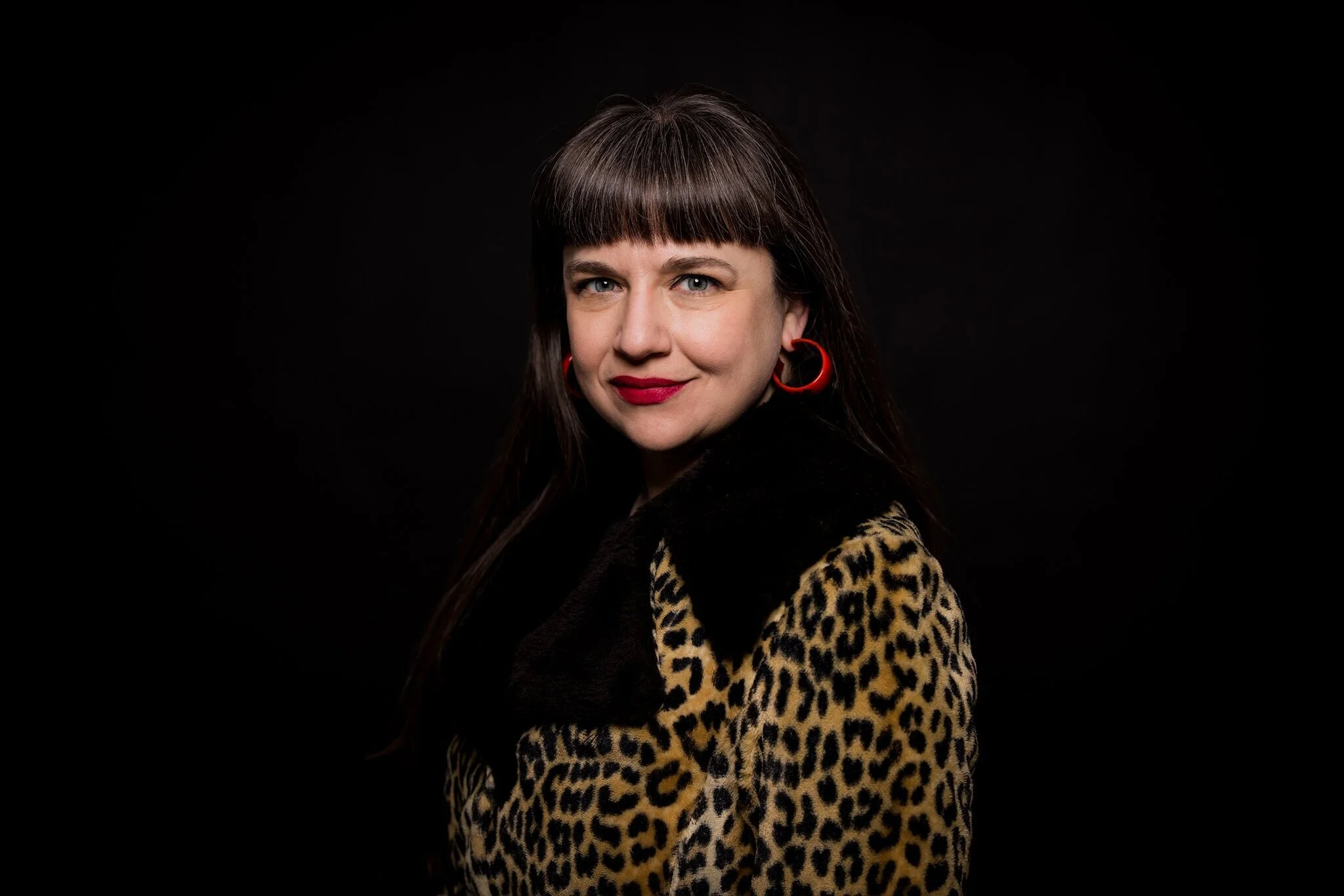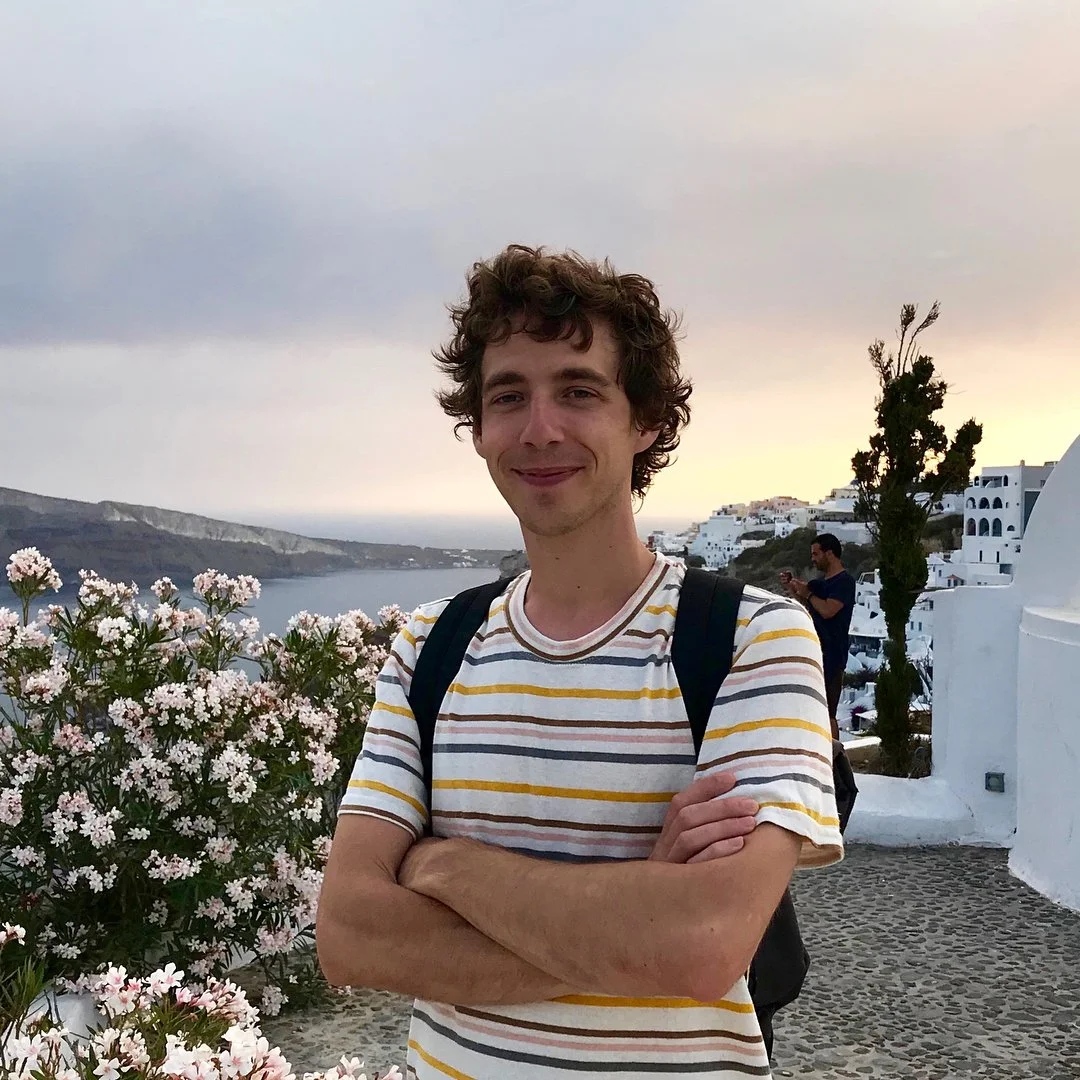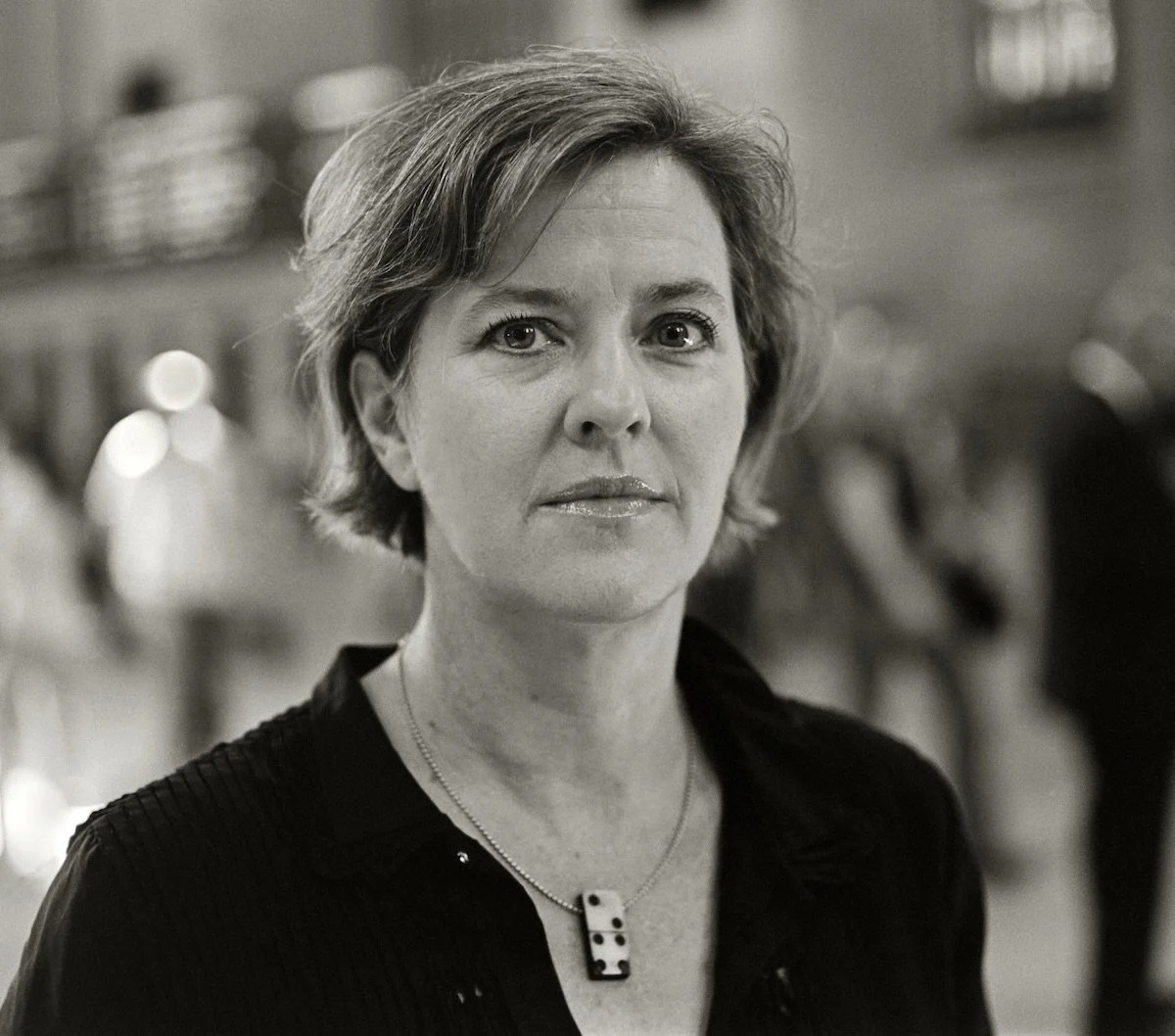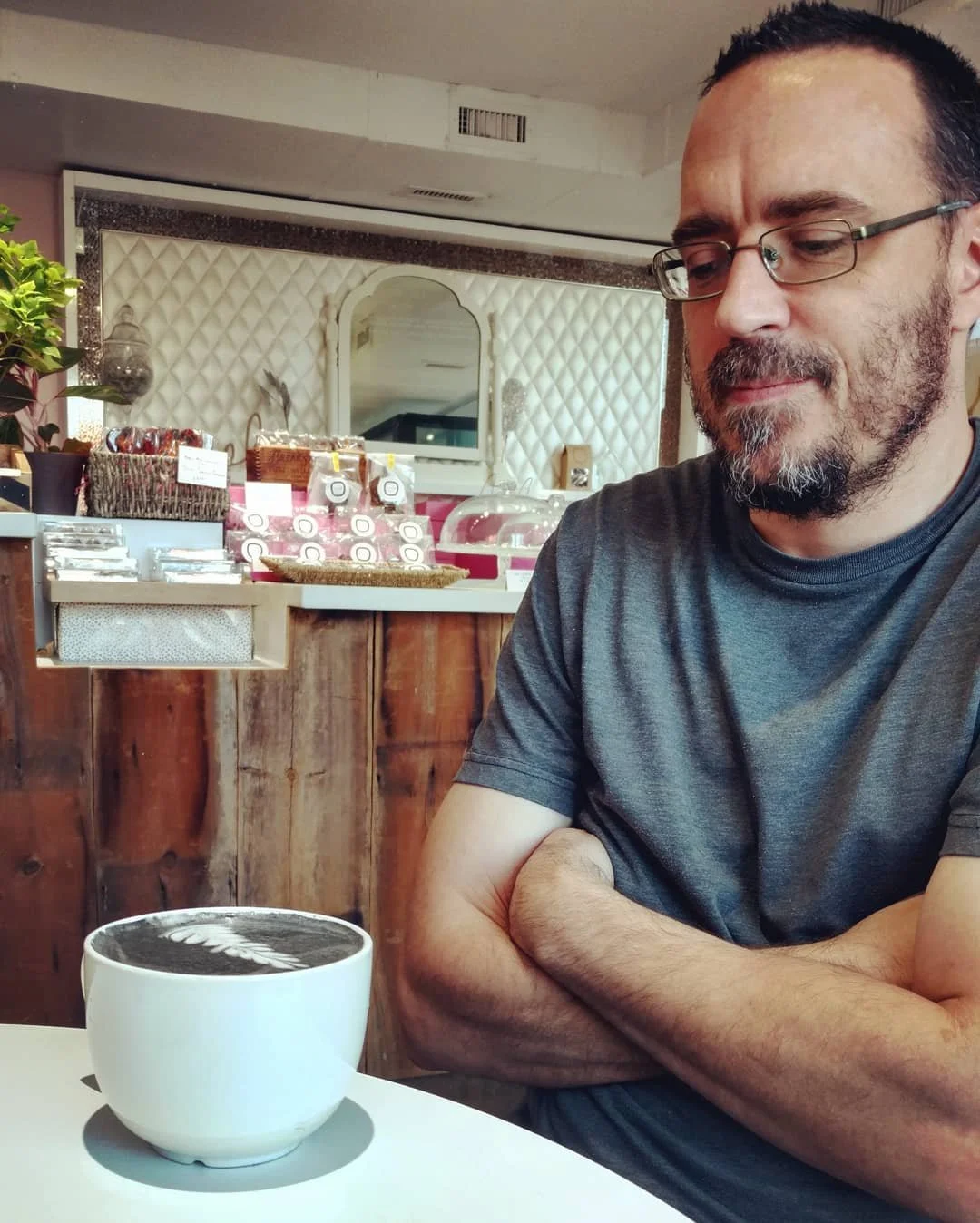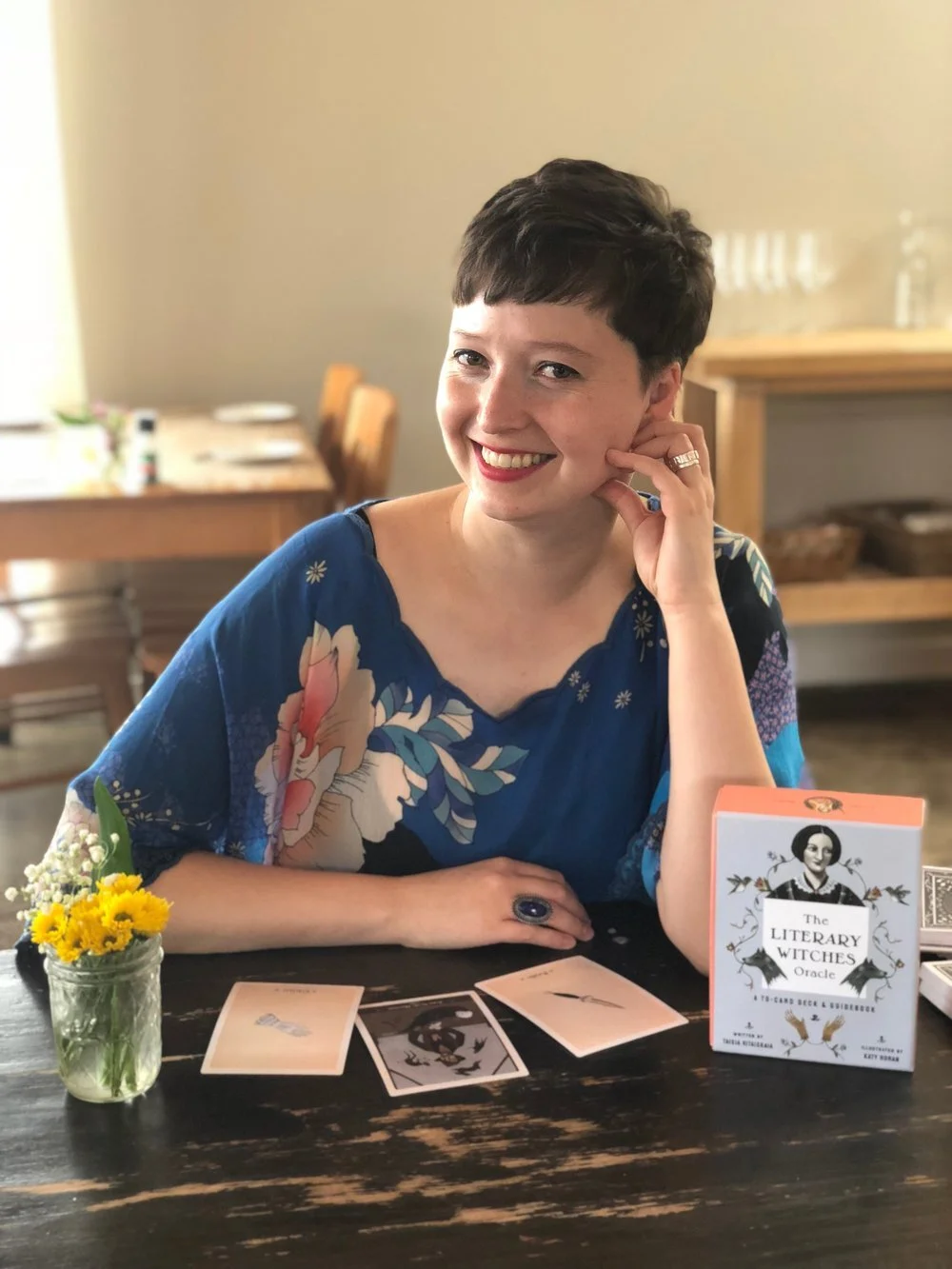Laura Walker is the author of five collections of poetry, most recently story (2016, Apogee Press). I didn’t find out about her work until last year, after somehow stumbling upon her 2015 prose poems. Finding Walker’s work and reading her books felt a lot like falling down a well. A well-lit well. A well with candles to grab along the way. And a blanket to cushion the fall. Maybe even a balloon that refuses to pop. With a book of bird erasures, a book of maps and atlases, a book of encyclopedic restraint, her body of work turns into a fine blend of language and fable and myth. The lost, the found, the faded postcard on the ground.
At the end of last year, I said her writing was “like trying to tell someone your dream as it slowly fades from your gaze.” With a new collection coming soon, I spoke with Walker about restraint, “project books”, finding the time to write, the autobiographical “i”, and much more. Don’t snore.
via story (2016)
Let's begin with an icebreaker. What's the last plant you watered and what's the last book of poetry you read?
I love plants and I love gardening, but sometimes water slips my mind. Hmmm. I think the last plant I watered was an amaryllis, a gift from a neighbor, which has decided to thrive on our front porch. I grew up believing that amaryllises (is that the plural?) are difficult, reluctant creatures—that to get them to rebloom, they need x months in regular indoor light, then y weeks in a dark closet somewhere, then z weeks back onto their shelf—and that they should never be outside. And here we plunked this one down on the front steps and it blooms 4 or 5 times a year. There’s a metaphor in there somewhere.
I tend to dip in and out of books, rather than read them through. The one I’m thinking a lot about recently is Blood Box, by Zefyr Lisoski. The poems are inspired, complex, and off-kilter reimaginings of the life of Lizzie Borden (“gave her mother 40 whacks...”). The timing and texture of the poems’ many swerves are pitch-perfect for me.
Starting at the beginning: your debut collection was published in 2004 and it was split into three concise sections of translation and fragmentation and marginalia. Like the books of yours that followed, this one practices constraint/restraint, works in great deals of open space, plays with erasure, etc. Has this hybrid/experimental method of writing always been a fascination for you? How did you discover this 'voice', and additionally, did you see your debut at the time as your debut, or was it simply one of many projects you were assembling?
I love the idea that a poem is an attempt to express what can’t be expressed—and therefore is a constant, and perhaps sometimes compelling, failure. I think my own journey of failing to say the unsayable has been long and varied, but I was definitely influenced by the incredible tradition of women’s experimental poetry that was part of my MFA program at San Francisco State University. Even before that, my first poetry teacher, Ed Smallfield, showed me my first Barbara Guest poem, among many other revelations. I love Guest’s idea of each poem having a little ghost, hovering and unarticulated. And before that, in college fiction-writing classes, I was fascinated by fragment, breakage, and ellipsis—I remember an unhappy professor telling me I was going to disappear into a comma. So I’d say the partial, the accidental, and the fragmented have always held a fascination for me, though my movement toward and around them has shifted over time.
swarm lure was the bulk of my MFA thesis, and it became a book through the graces of the amazing Valerie Coulton and Steve Hemenway of Battery Press.
In regards to constraint/restraint, your 2012 collection Follow-Haswed pulled from F-H in the Oxford English dictionary. What made you choose those letters in particular?
In my twenties, I was fascinated by the OED, and I wanted to own it. But I couldn’t—it cost too much, and took up way too much room. But it was the early days of eBay, and one day I spotted individual volumes of the OED for sale. It had never occurred to me that I could own a single volume—only $15, and not so unwieldy. There were maybe 6 or 7 for sale, and how I chose Follow-Haswed I’m not sure—I’m guessing I was pulled simultaneously by the evocative “follow” and by the unknown “haswed” (a wonderful and strange word, with an extraordinarily short (for the OED) definition: “marked with grey or brown”.)
Follow-Haswed lived on many different bookshelves across various moves for at least fifteen years, until I picked it up one day and started to actually read it, and my own Follow-Haswed was born.
These all seem to be (for lack of a better phrase) book-length projects, which you seem to conceptualize and utilize so often. Do many of these ideas remain as drafts on the drawing board?
Oh, definitely. Very many. Currently somewhere in old files I have a manuscript of cantatas for various voices; a book of poems that borrow from the cadences of Genesis; a set of “fugitive poems”; and a whole movement of poems born of the dozens of children’s books I read aloud to my sons when they were very young, over and over, during years that I was very, very sleep-deprived—the stories joined and floated together, and the poems live in that green world.
And those are just the ones that actually gave rise to a fair number of poems; there are so many ideas that never get that far. It takes me a really long time to find something that can sustain me, and I’m always searching.
And sometimes I return to something, years later. A couple of years ago I wrote into the world of Little Red Riding Hood, hundreds of pages, and then abandoned it, but a few weeks ago I decided there might be something there after all, and I’m absorbed in it now.
via Rimertown (an Atlas) (2008)
Since 2004, you released four more poetry collections. What for you has changed - the rituals and the routines and the practices and the source text and the prompts - and what has stayed the same?
The biggest change since 2004 is that my first son was born that year, and writing since then has been a negotiation of time, space, and energy, as it is for all parents.
Every book since then has been shaped by those constraints (like swarm lure, rimertown was mostly written before my sons were born.) bird book emerged from looking for ways to write in isolated 10-minute stretches—the poems are short and use borrowed text as well as my own lines, and I did indeed write them in the 10-minute breaks here and there when my sons were toddlers. Much of story was written on a family vacation when there was lots of free childcare around, and I could sink into the larger flows of the manuscript. I was also thinking back to my own childhood as I experienced theirs. psalmbook was mostly written in cafes while they were at school, and, as with bird book, responding to another text let me write in smaller chunks of time, and without needing a lot of warm-up to get going. Nothing was written in the last year and a half, when my kids were in full-time distance learning. Two weeks ago they went back to school, for the first time since March of 2020, and I started writing again. Not a coincidence.
I would say that I’m also more comfortable with these long breaks than I used to be. They used to lead to a lot of anxiety; now I know I’ll write again when I’m ready.
Your last collection, story (my personal favorite of yours), was released in 2016. What have you been working on recently?
Thank you for your enthusiasm for story! psalmbook, my third book from Apogee, will be coming out soon. It’s my attempt to channel the voice I hear in the King James Version of the Psalms—“channel” is the best word I can come up with, though it’s not quite right. I would read and reread a specific psalm, then write from that altered state. I think I was mesmerized by what I heard (and I don’t claim that anyone else hears the same thing): a voice, imperfect, isolated, needy and arching, both performing faith and faithful, with a desire to believe in something despite the impossibility of believing in something; so very conflicted, and so very human.
And very recently, as I said, I’m reinhabiting the world of Little Red Riding Hood that I left a couple of years ago…wandering through my old pages is a bit like wandering through a forest, actually.
via story (2016)
I read somewhere that you said story was the closest your writing has come to being autobiographical. Have you always preferred the fictional world? I know many expect the debut collection of poems, for example, to be very heavy with the 'i' and the personal. Can you speak on that within your own body of work?
I think all my poetry is imbued with the personal, even if not with an autobiographical “i”. I feel free to imagine and create references, settings, juxtapositions, but it all feels “true” to me. Also, I’ve never been someone who can just write “about” something. I sort of fall into a focus, like falling into a pond—it has to be accidental, sideways. I used to say I have a 20-years lens for anything autobiographical, but now maybe it’s more like 40? 50?—I seem to be moving back in time, with the cadences of the Bible, Little Red Riding Hood, and memories of my grandmothers.
If you can, provide a photo of your workspace or describe with words. What are some essentials while you create?
My essentials have been radically pared down since my sons were born; I move around the house a lot, searching for a spot where I can concentrate, and the only real necessities are my laptop and a window. I prefer silence but can’t always get it.
via Follow-Haswed (2012)
For this ongoing author interview series, I'm asking for everyone to present a writing prompt. It can be as abstract or as concrete as you choose.
Every semester, I end our first class with some version of a 10-minute free-write, but what I find interesting is what you can do with it afterwards. The idea is that in 10 minutes you can create an almost inexhaustible pool of possibilities to revisit later on.
So: pick something to freewrite on (pen moving constantly, try to write fast enough to escape your conscious thoughts, follow all tangents, let everything through, etc.). The catalyst can be the first 15 minutes of your day, what you’re seeing out the bus window, your favorite childhood snack, how you felt the first time you flew—anything. When you’re done writing, look back and try one or several of these:
• Read back through and look for trapdoors, or what Toni Mirosevich at SFSU used to call “hot spots”. Circle words or phrases where you sense there’s a whole world waiting on the other side. Dive through those doors and write some more.
• Take every third word and string them together. What emerges? Do it again with some other number. What else?
• Excise all your verbs and either sub in new ones, madlib style, or redeal the same ones randomly, or do an “N+7” Oulipoean thing with a dictionary. Try the same with adjectives, or nouns. What emerges?
• Change everything to future tense. Anything startling? Or change all your pronouns, or first-person to second-person, etc. What happens?
• Cut your paper in half down the center and reattach the two sides, reversed; read across your new juxtapositions. Is anything newly alive there?
• Go back and write in-between the lines, responding to what’s there or fleeing from it, your choice. Then subtract the original lines. What do you have? Do it again with your new lines. Or again.
The possibilities are really endless. The question is, What live thing can you uncover? And what does it inspire, once you do?
In closing, do you have any advice for early writers? Or rather, what's something you would have liked to have known when you first started taking your writing seriously?
Give yourself permission to go your own way. I wish I had absorbed that earlier. You do not need to fit yourself into preordained boxes. I find it livelier to think of writing as exploration rather than as expression or communication. And something I try to share with my students: despite all kinds of messages to the contrary, publishing is not a measure of how “good” your writing is, or how “good” you are; it’s simply your work finding its audience. Sometimes that takes a long time, but using publication as a proxy for quality is sad for you and for the work. I don’t mean to say that there is no ways to improve the “quality” of your work, whatever you may mean by that, but I think those ways are found elsewhere: does it move you? How and why? Is there something still at its center? Or wildly beating? How do readers with shared aesthetics respond? Does it resist summation? What do you hear when you read it aloud? How does it hold on to its mystery?
Any final thoughts / words of wisdom / shout-outs? Thank you!
Thanks for such wonderful questions, and for all the work you do on your blog— every time I visit, I’m inspired.








